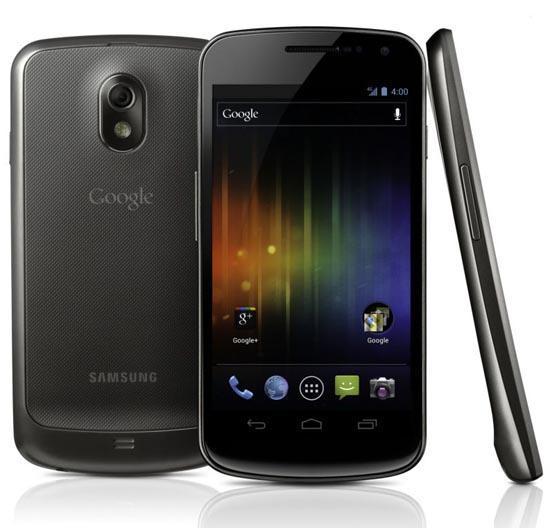
The iPhone killer. You’ve heard of the mysterious device, the ever elusive creation that has already been released, or will never be released. It was the trademark of many phones, and it’s the title for plenty of phones that have yet to be released, or yet to be unveiled. It was a popular term for a couple of years right after the launch of the initial iPhone, and the manufacturers stepped right in line. One of them, or maybe all of them wanted to create the definitive iPhone killer. Like I alluded to a moment ago, whether that has already happened or not (or if it will ever happen) is up to your own judgment, and that’s not what we’re going to focus on. Instead, we’re going to focus on a definitive line-up of phones that was supposed to be the iPhone killer: the Nexus brand.
Even if you aren’t an Android fan, you’ve probably heard about the Nexus lineage of phones. It started with the HTC manufactured Nexus One, was continued with the Samsung-branded Nexus, and has seen its most current iteration in the Samsung Galaxy Nexus. There are plenty of Android phones out there, and plenty of them have the specifications that people want. But, when it comes to Android and the best experience, the Nexus device is the one you want.
These are the phones that get the updates, without question or ambiguity. These are the Android phones of the Android phones. Released in a more manageable timeframe (meaning, there isn’t 13 of these things launched every three months), the Nexus line is something that every Android fan really, truly honestly looks forward to. And for good reason; these are the phones that showcase Android in its unadulterated greatness, and show what the platform has under the hood, minus any proprietary software.
But you know what? As close as the Galaxy Nexus is to the perfect Android experience, and how closely the release schedule mirrors that of the Apple iPhone, the Nexus device isn’t the iPhone. The Nexus One wasn’t, the Nexus S wasn’t, and the Galaxy nexus isn’t either. And I know I’m not calling it an iPhone killer – I’m doing that on purpose. I don’t, personally, think you can actually “kill” the iPhone. It’s an Apple product and as we’ve seen in the past, Apple products are just accepted. Just look at the “minor” upgrade that is the iPhone 4S, and you’ll know what I’m talking about (you already know what I’m talking about).
Taylor provided a reason why the Galaxy Nexus is significant. It doesn’t boil down to just the Galaxy Nexus, but the Nexus name in its own right. And he’s right, because the Nexus name is a big tent pole for Google and the Android name. But, there’s a strange thing that happens at the same time. While Apple has the iPhone, that’s all they have. Yes, they’ve got a new phone every year, but that’s not coupled with more than a handful of other devices launching in that same year. While the Nexus name stands out, it is also pushed aside by the plethora of other high-end Android phones. And that’s why the Nexus name isn’t Google’s iPhone.
Because it can’t stand out amongst the competition… its own brand. So it isn’t competition at all, is it? Google is still making money from not only the launch of the Nexus line-up, but also all those other Android phones. So while the Nexus is great, amazing, and a shining light in the Android pool it’s a light that doesn’t get to shine as long as it should. We weren’t still talking about the Samsung Nexus S right up until the launch of the Galaxy Nexus. Unless we’re referring to the question as to when it would get update to Android 4.0 Ice Cream Sandwich. There were so many other Android phones that came out between the launch of the Nexus S and the Galaxy Nexus that the second-generation truly “vanilla” Android handset was forgotten about.
But, here’s the big question: does the Nexus line need to be Google’s iPhone? Truthfully, I don’t think it does. Obviously Android is hugely popular, and people are still looking forward to getting their hands on the Galaxy Nexus. They’ll be just as excited to get their hands on the next Nexus device, too, whatever name it picks up.
Do you think that the next Nexus device should be a pinnacle of hardware, and other Android manufacturers shouldn’t be allowed to surpass? Or would that be too outrageous?